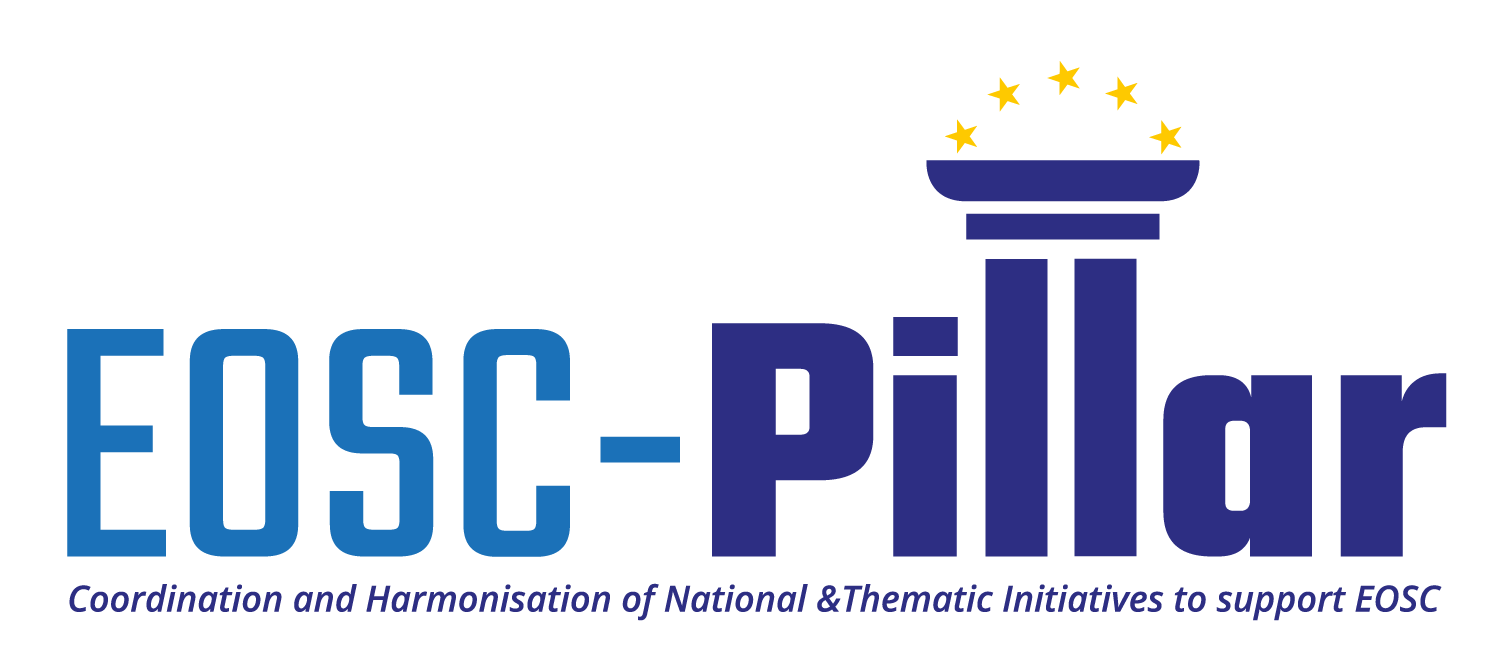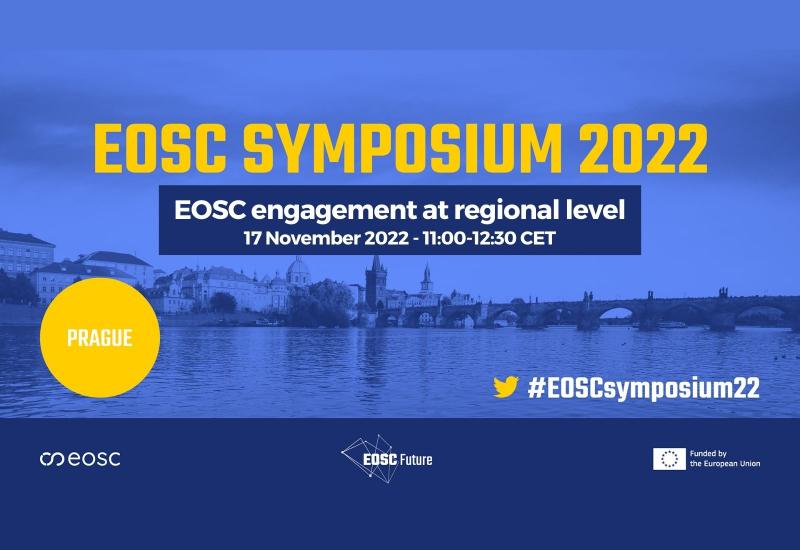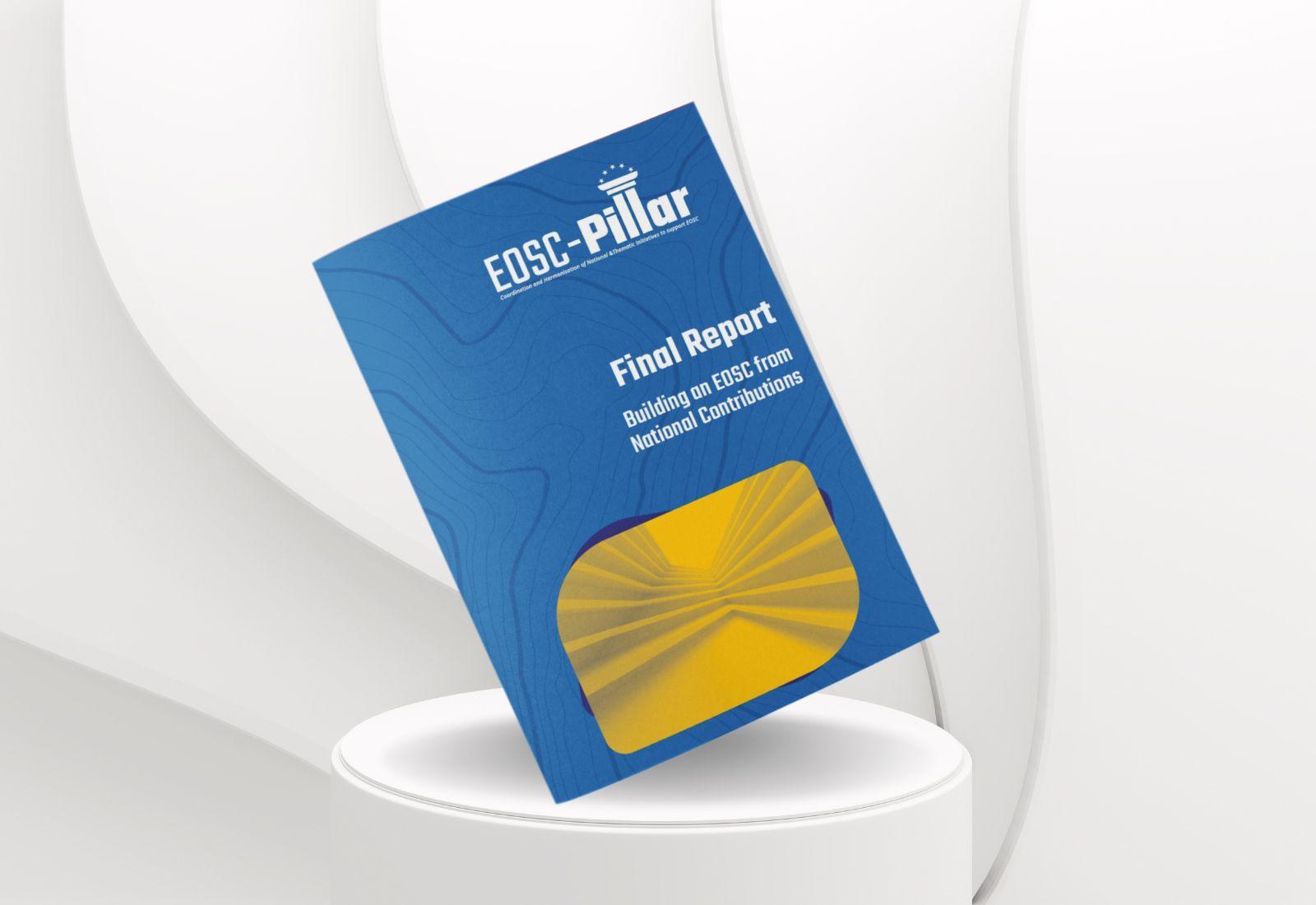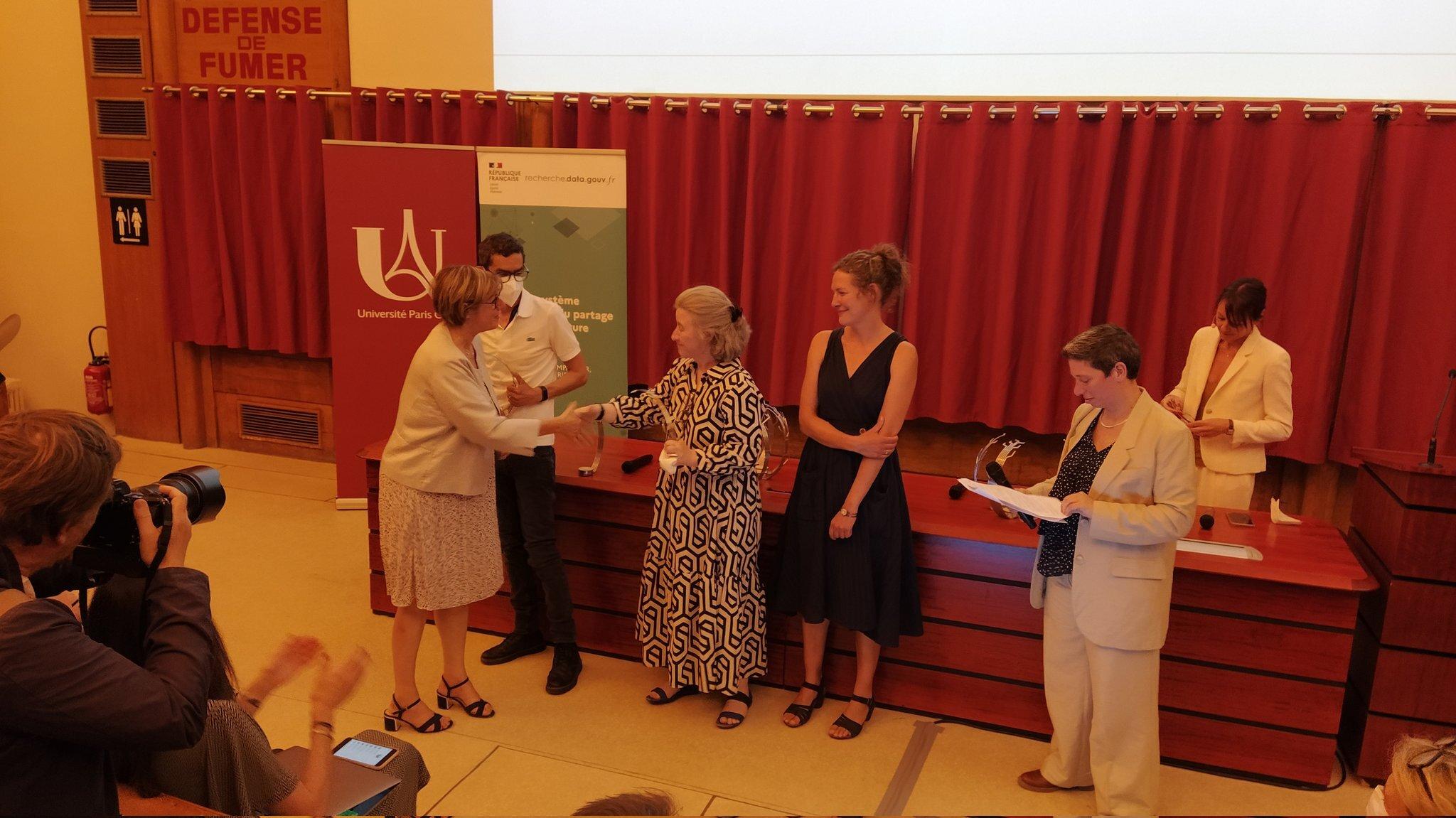
EOSC-Pillar Launches National Initiatives Survey
October
03,
2019
News

Up to 2000 institutions invited to comprehensively landscape national infrastructures
EOSC-Pillar launched its survey activities on 3 October 2019 to assess national and thematic initiatives on open research data and services across five European countries.
Around 2000 scientific institutions in Austria, Belgium, France, Germany and Italy were invited to the EOSC-Pillar’s survey. Prior to the launch of the survey, they had been identified based on their roles and activities with regard to the European Open Science Cloud (EOSC).
The EOSC-Pillar National Initiatives Survey work package has defined these four important target groups to gain a comprehensive picture of the European infrastructure landscape with relevance to open research data:
- E-infrastructures
- Research Infrastructures
- Universities
- Funding bodies
All target groups received general questions on the European Open Science Cloud, their contributions, benefits, expectations, as well as overall view on EOSC. Additionally, separate, more specific surveys with questions tailored to each target group were designed to assess the maturity level of open research data initiatives and services with relevance to EOSC individually.
How EOSC-Pillar will use the results
Through these survey activities, EOSC-Pillar aims to capture the state of the art and conduct a gap analysis within the countries it covers to understand necessary developments in the process of implementing the European Open Science Cloud.
The project itself will build upon the findings of the survey, especially the work package on “Establishing Transnational and FAIR Data Services”.
 EOSC-Pillar National Initiatives Survey Manager Lisa Hönegger said, “Our aim is to collect comprehensive data for multiple European countries to allow for evidence-based decision-making in shaping the future of the European Open Science Cloud (EOSC). There is a need to create a solid data basis and a comprehensive picture of the status quo of the research infrastructure landscape. By creating this picture, we deliver the basis for steering policies which support developing the European infrastructure landscape for open research data.”
EOSC-Pillar National Initiatives Survey Manager Lisa Hönegger said, “Our aim is to collect comprehensive data for multiple European countries to allow for evidence-based decision-making in shaping the future of the European Open Science Cloud (EOSC). There is a need to create a solid data basis and a comprehensive picture of the status quo of the research infrastructure landscape. By creating this picture, we deliver the basis for steering policies which support developing the European infrastructure landscape for open research data.”
Surveys in Support of EOSC’s Development
At the current phase of development of the European Open Science Cloud (EOSC), having comprehensive survey data available will be very beneficial in order to discover and assess gaps, initiate necessary developments, start specific support measures and create opportunities with regard to open research data and services.
Don’t miss relevant developments from the EOSC-Pillar. Join the EOSC-Pillar Community now!







